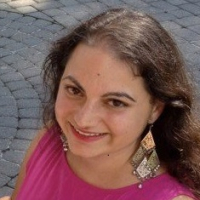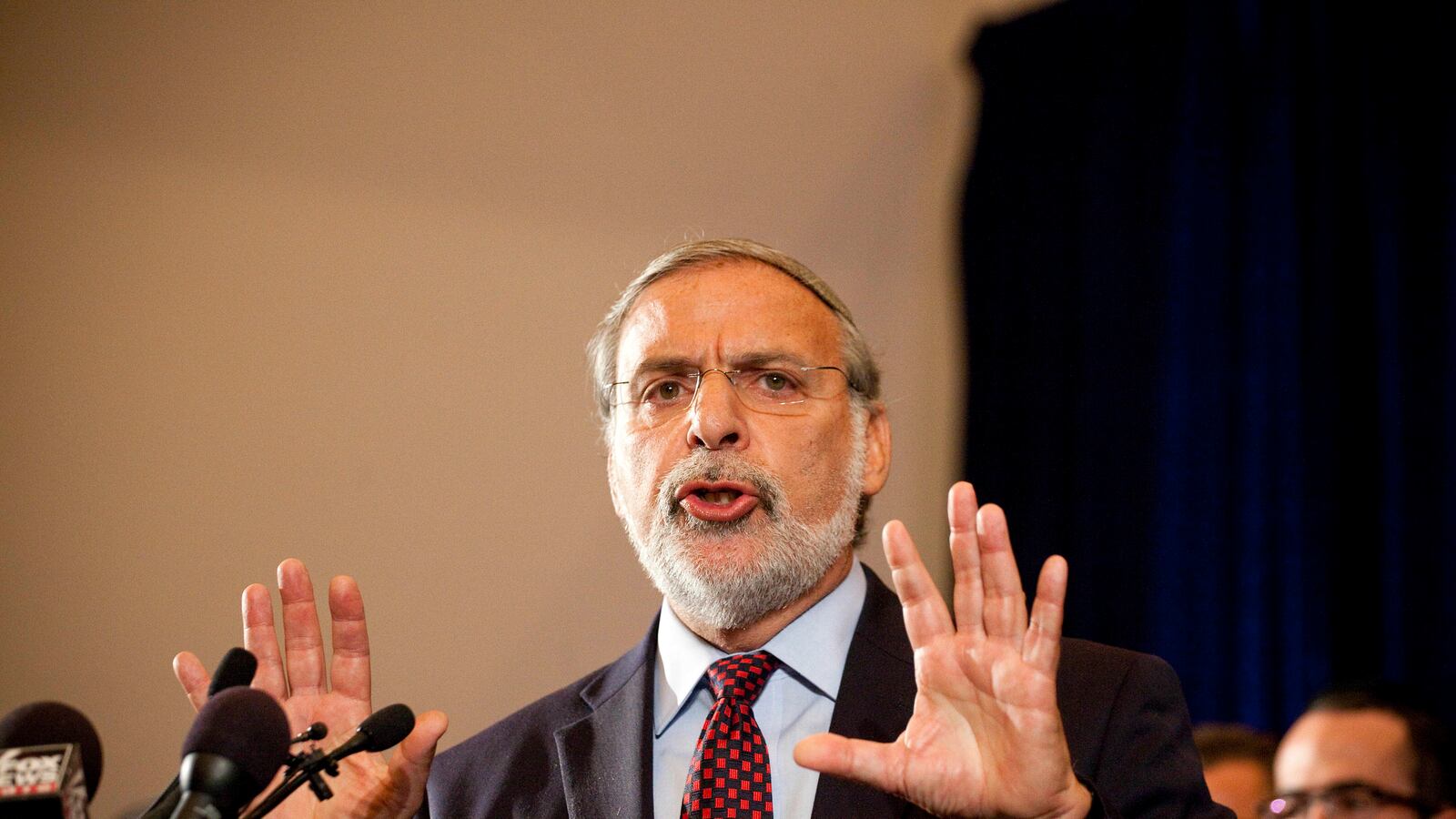Judging by the crowd outside the Brooklyn College Student Center last night, a celebrity had made an appearance. But the full-street barricades, metal detectors, and about a dozen cops weren't for Ryan Gosling or Florence and the Machine, but to contain the roughly 400 people involved with the controversial panel supporting the Boycott, Divestment and Sanctions (BDS) movement against Israel. RSVPs for spots in the 220-person house had long since been submitted, and by an hour before the 6:30 start time, two lines had formed: one for confirmed attendees, and another with about 120 seeking to upgrade from the wait-list. By 6:40 PM, with the lines growing, a monitor told those not on the wait-list there was a “slim chance” they’d get in. Hopeful attendees like Robert and Sammy Akleh, the latter a student at Brooklyn College who “didn’t even hear about the event before it was on the news," pleaded with organizers to get in.

The celebrity atmosphere, ironically, was generated not by the panel itself—which initially promised to be a relatively predictable college event—but by the vociferous opposition by a group of Israel-defenders that counted among its ranks a host of New York politicians and a star Harvard Law professor. “We never expected this when we planned the event," said Sarah Aly, a Brooklyn College sophomore and one of the event organizers. "On the local level, no one was exposed to BDS, so the controversy brought great publicity.” A Brooklyn College official who asked to remain anonymous, due to lacking official status as a spokesman, put it even more bluntly, pointing to BDS opponents Dov Hikind, a State Assemblyman, and Harvard's Alan Dershowitz. The organizers "have Hikind and Dershowitz to thank for all of this," the official said. "Before it was no different than a student chess club organizing an event.” Hikind himself felt the attention given to the event came because “politicians opposed the panel taking place at all, and I wish they hadn’t done that.”While some groups and individuals called for the panel to be barred entirely, much of the opposition was to its sponsorship by the school's political science department, and called for opposing viewpoints on the dais. Politicians held press conferences at the college, with some promising to cut the school's funding (some later backed down), and Dershowitz wrote a New York Daily News op-ed and a blogpost at the Huffington Post. The ensuing controvesy generated New York Times articles, and even New York Mayor Michael Bloomberg weighed in to back up the school's right to host what speakers it wanted.
The dynamic between the throngs of hopeful attendees and the approximately 70 protesters across the street was tranquil, with almost no direct confrontation. The protesters included Hikind, representatives from Israel advocacy organization StandWithUs, and a man named Mordechai Levy from the Jewish Defense Organization who passed out fliers saying “HAMAS are Islamic Nazis who butcher Jews” and said “BDS works with and is controlled by Hamas.”
Attendees and protesters did not just come to make a symbolic statement. Helen Schiff said, “I’m Jewish, and a lot of Jews are changing. We are getting sick of Israel claiming it’s the victim, and meanwhile the Palestinians can’t win—they want non-violent action and they still want them to shut up.” Robert Akleh, the brother of the student, said, “I don’t think BDS addresses the real issue, which is [Israel] building settlements against the wishes of the U.S. and the rest of the world." He added, "I support divestment but not boycott.” Among the protestors was Phil Schmitt, son of a Brooklyn College alum, who lamented that “the political science department’s sponsorship of this event shows they are indoctrinating, not educating. They should have had speakers with different perspectives" on the panel.
Even Hikind, after the intense opposition campaign, was resigned to the consequences of the panel taking place. When asked about next steps for opponents of the panel, he simply noted, "We'll survive."






